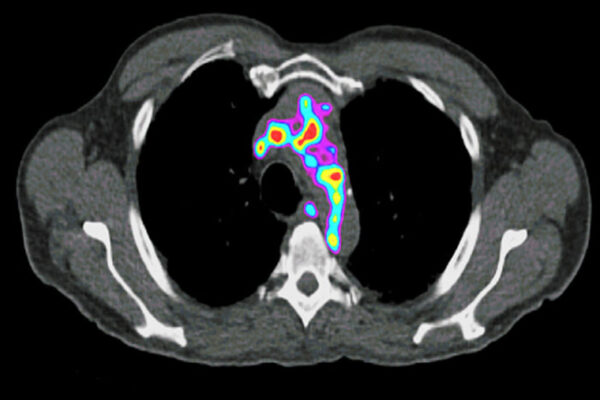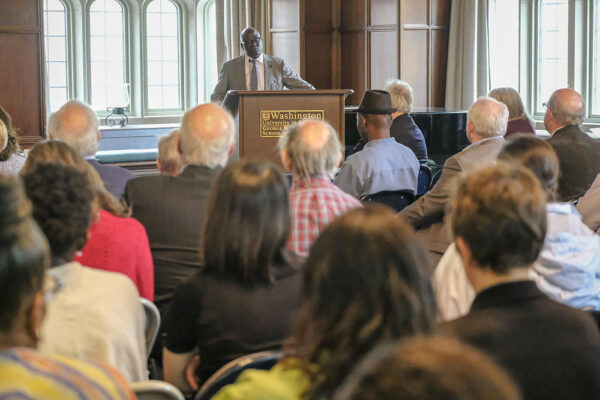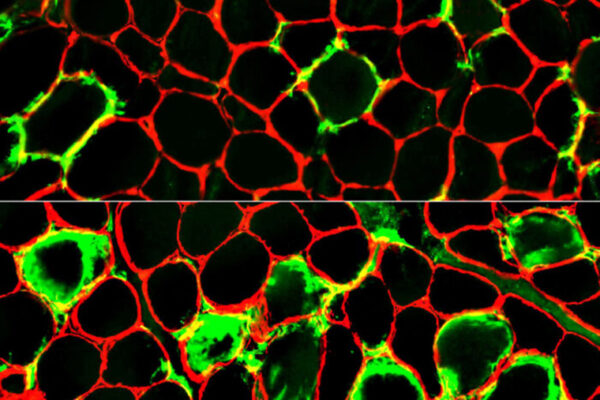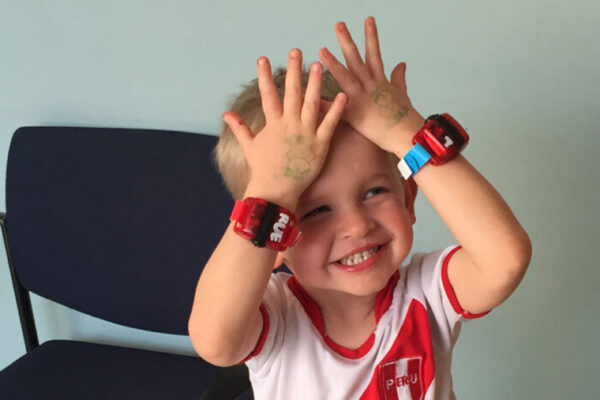Director of pediatric hematology and oncology division named
Jorge A. Di Paola, MD, recognized globally for his expertise in pediatric blood disorders, has been named director of the pediatric Division of Hematology & Oncology at the School of Medicine. He will begin his new position in late summer or early fall.
Five inducted into Bouchet Graduate Honor Society
Five PhD candidates at Washington University in St. Louis were inducted into the Edward A. Bouchet Graduate Honor Society at the annual Bouchet Conference on Diversity and Graduate Education April 5-6 at Yale University.
Colonna, Ley elected to National Academy of Sciences
Marco Colonna, MD, the Robert Rock Belliveau, MD, Professor of Pathology (left), and Timothy J. Ley, MD, the Lewis T. and Rosalind B. Apple Chair in Oncology, both at the School of Medicine, have been elected to the National Academy of Sciences. The new members were announced April 30.
$5.1 million to target silent cause of heart attacks, strokes
The School of Medicine’s Yongjian Liu has received an Emerging Investigator Award to find ways to detect plaque at risk of shedding fragments that could cause heart attacks or strokes.
Antibiotics may treat endometriosis
Researchers at the School of Medicine have found that treating mice with an antibiotic reduces the size of lesions caused by endometriosis. The researchers are planning a clinical trial to test the strategy in women who have the painful condition.
‘Lessons learned’ from engaging in Africa
Washington University in St. Louis is committed to engaging with its global partners to help address our biggest challenges together. This spirit of collaboration was evident at the inaugural meeting of the Africa initiative, held April 23 on the Danforth Campus.
Pregnancy shifts the daily schedule forward
New research from Washington University in St. Louis finds that women and mice both shift their daily schedules earlier by up to a few hours during the first third of their pregnancy. The new study shows how impending motherhood induces changes in daily timing of a mother which, when disrupted, may put a pregnancy at risk, as reported in the Journal of Biological Rhythms.
Newfound autoimmune syndrome causes muscle pain, weakness
School of Medicine researchers have identified a previously unknown, rare muscle disease that can be treated with immunosuppressing drugs.
Perlmutter named scientific director of dystonia foundation
Joel S. Perlmutter, MD, the Elliot H. Stein Family Professor of Neurology at Washington University School of Medicine in St. Louis, has been named scientific director of the Dystonia Medical Research Foundation. Dystonia is a neurological disorder that causes excessive, involuntary muscle contractions and abnormal postures.
Wearable motion detectors identify subtle motor deficits in children
A wristwatch-like motion-tracking device can detect movement problems in children whose impairments may be overlooked by doctors and parents, according to a new study from Washington University School of Medicine in St. Louis.
View More Stories









